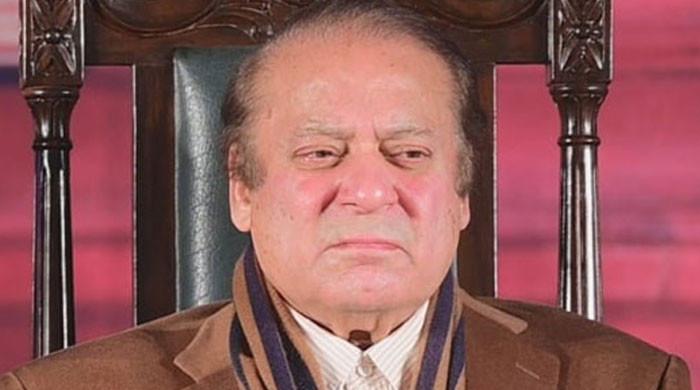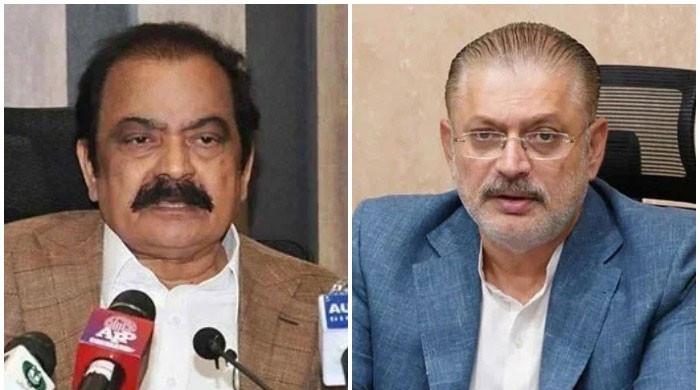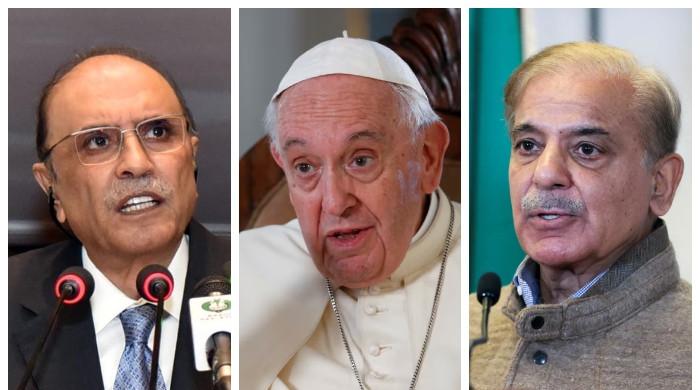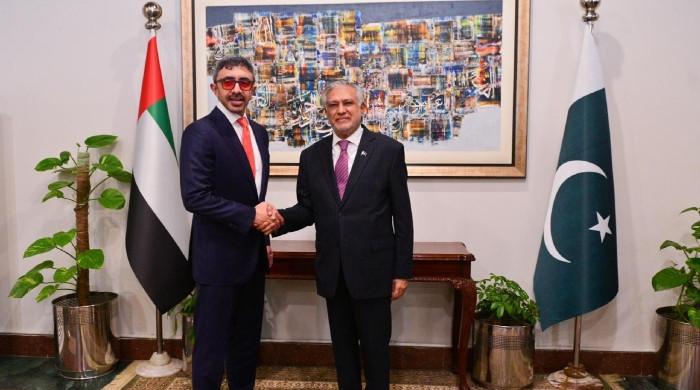Afghan President Ashraf Ghani expected to visit Pakistan in 2021
Prime Minister Imran Khan extended invitation under 'shared vision between Afghanistan and Pakistan to support peace and stability in both countries and region
November 21, 2020
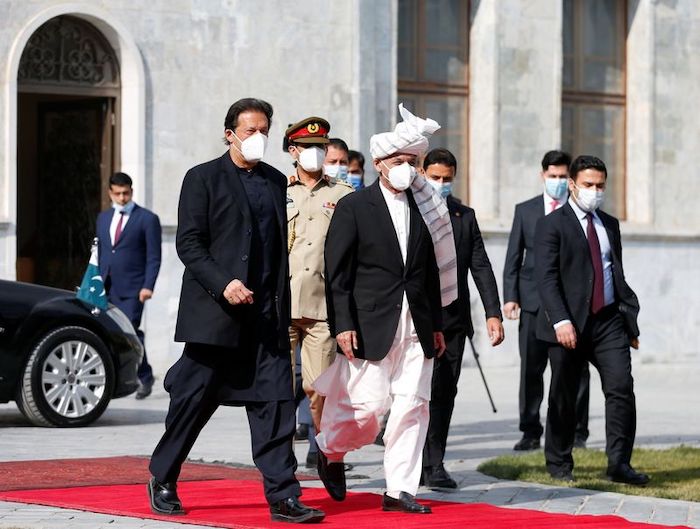
ISLAMABAD: Afghan President Ashraf Ghani has accepted Prime Minister Imran Khan's invitation to visit Pakistan in the first quarter of 2021.
The premier extended the invitation during his one-day Kabul visit. The move comes in a bid to strengthen the momentum of improved ties between the two countries.
"The government leaders of the two countries will visit each other's capital alternately to keep the momentum going," reads the Shared Vision between the Islamic Republic of Afghanistan and the Islamic Republic of Pakistan, to Support Peace and Stability in Both Countries and the Wider Region” document issued by the Foreign Office on November 19.
It said the initiative commenced with the premier's visit to Kabul.
The document said Afghanistan will share with Pakistan the summary of key issues being discussed during the Afghan Peace Process.
The shared vision to "help each other in furtherance of peace and stability in both countries and the wider region" was agreed upon during September 30 meeting between high-ranking Pak-Afghan officials.
Read more: US 'pleased' at PM Imran Khan's Kabul visit, stresses cooperation between Afghanistan, Pakistan
The shared vision comprises of the following core elements:
(a) Both countries should enjoy a special relationship, founded on predictability, transparency, mutual and full respect for one another's sovereignty, and on expanding and furthering their mutual interests through State-to-State mechanisms. The mutually agreed cooperation framework under APAPPS provides a comprehensive, multi-sectoral mechanism for optimising bilateral cooperation.
(b) Afghanistan's posture of "multi alignment" with other countries, pursuing a number of friendly relationships, presents a real opportunity for the two countries to exploit and conversely presents no threat.
(c) Neither country could achieve lasting peace and stability without peace and stability in the other. Lasting peace implies peace-making which is wholly inclusive, encompasses the whole nation, and respects a democratic constitutional order in which the rights of women and men remain inalienable and protected.
(d) Neither country's territory should be used for malicious purposes against the other's territory, and that both countries should work together to identify and tackle enemies of peace, irreconcilables, and those who undermine the peace process.
(e) The two countries should further their links and connections in a number of different ways, including through people to people contacts, business to business, government to government, and, of particular note, security to security ties.
(f) Regional connectivity should be broadened and deepened, with an emphasis on trade, free movement of people, goods and services, the opening of trade and customs posts, and transport and energy infrastructure development, aiming for regional development dividends greater than what each country might expect to achieve alone.
(g) Expeditious resolution of the refugee situation, i.e. the safe, time-bound, and dignified return of refugees, would help the two countries address the humanitarian and socio-economic challenges associated with population displacement. Refugee returns would require resourcing, including donor support from the widest and the most inclusive possible donor community.




